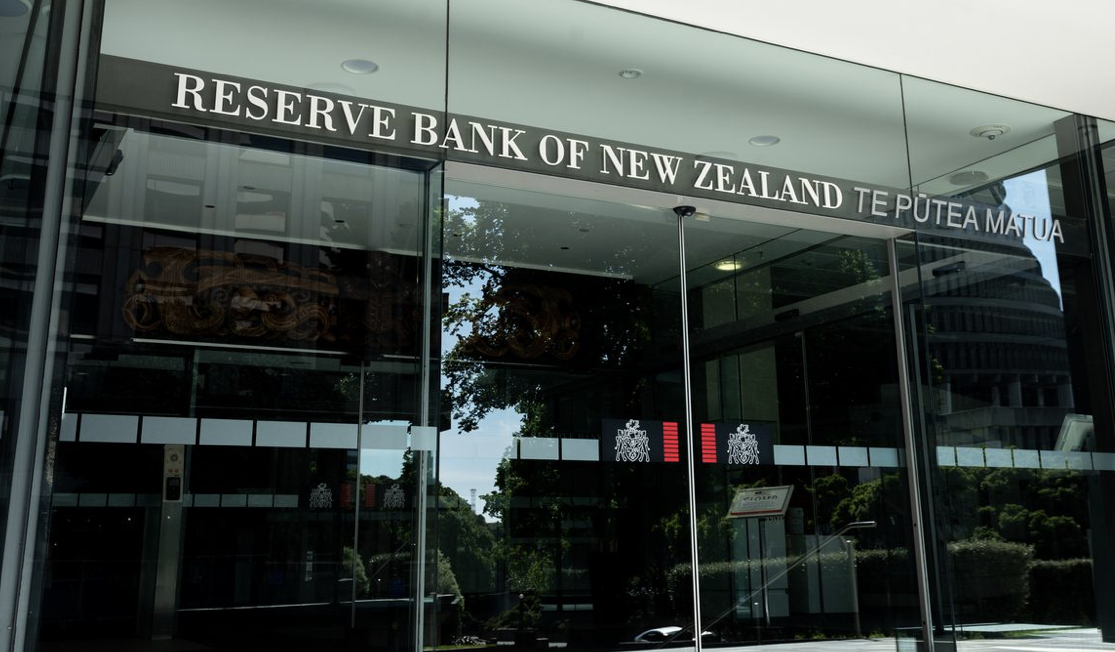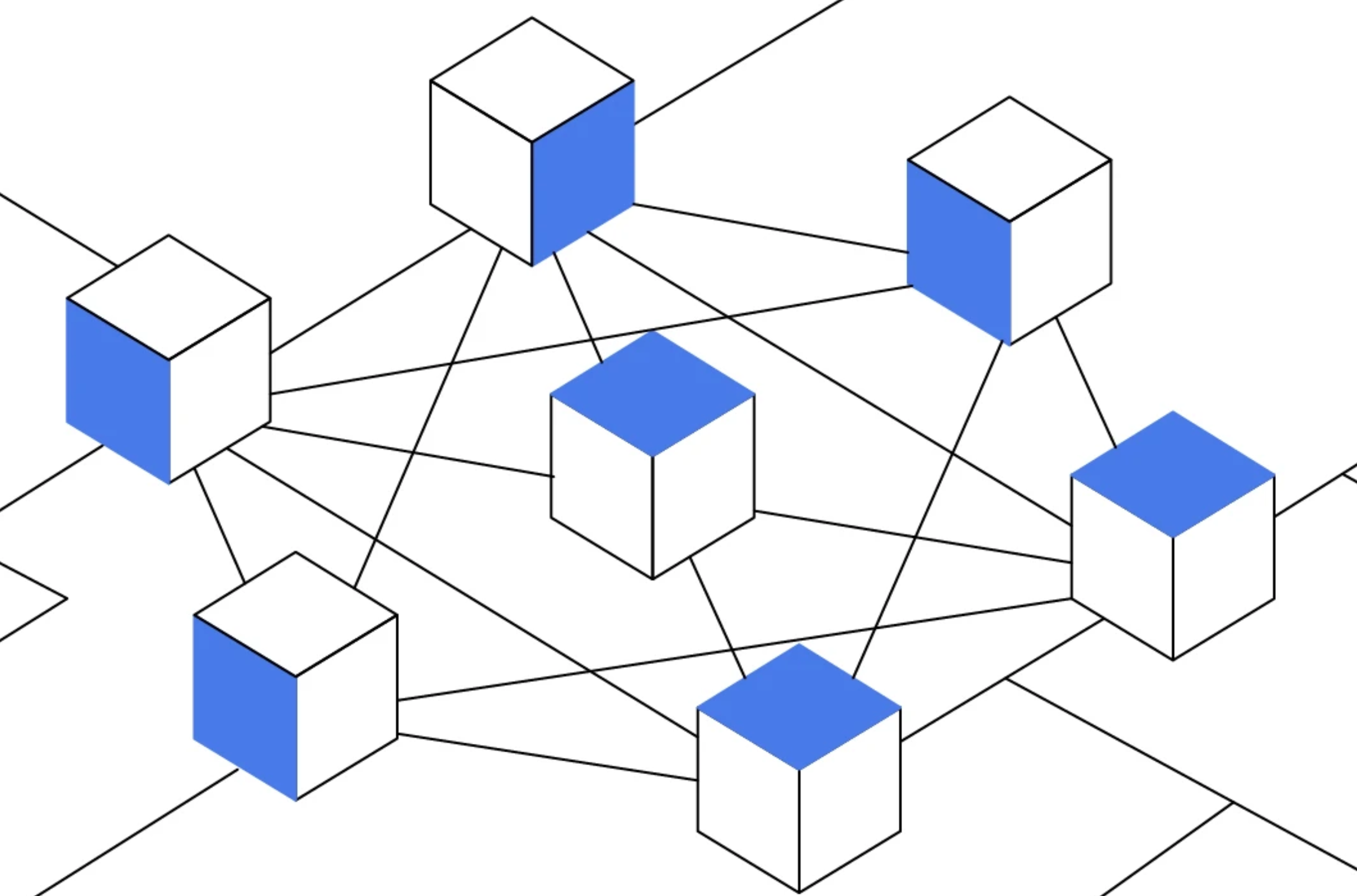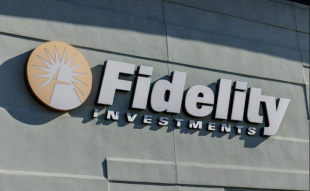Join Our Telegram channel to stay up to date on breaking news coverage
The Reserve Bank of New Zealand (RBNZ) has announced its decision to enhance monitoring of cryptocurrencies and stablecoins, according to a statement released by the central bank on June 30.
Ian Woolford, the Director of Money and Cash at RBNZ, stated that while the current situation does not necessitate immediate regulatory measures, increased vigilance is required.
Reserve Bank of New Zealand Increases Monitoring of Cryptocurrencies and Stablecoins
The move by RBNZ is in line with the feedback received from industry stakeholders, as highlighted in the consultation paper published by the central bank last year. twRipple, a blockchain-based payment protocol, and Westpac, one of Australia’s prominent banks, were among the respondents to the RBNZ’s consultation paper.
Woolford acknowledged the significant risks and opportunities associated with cryptocurrencies and stablecoins, as emphasized by the stakeholders’ responses.
He emphasized the importance of caution in dealing with these emerging assets, which further emphasizes the need for comprehensive data collection and monitoring to develop a deeper understanding.
Nevertheless, RBNZ has chosen a wait-and-watch approach regarding the regulation of cryptocurrencies. Woolford believes that effective regulation requires global harmonization, and as other countries implement their own regulatory frameworks, best practices may become clearer.
During this interim period, RBNZ intends to collaborate with regulatory agencies through the Council of Financial Regulators to foster healthy growth in the market. Woolford also expressed the central bank’s commitment to engaging with industry stakeholders to address emerging issues related to cryptocurrencies.
In New Zealand, cryptocurrencies are treated as personal property under existing legislation, subjecting them to income tax.
Woolford highlighted that the challenges posed by cryptocurrencies transcend the boundaries of individual agencies. However, he emphasized that ensuring investor protection and addressing regulatory barriers to entry are crucial for establishing a reliable and efficient money and payment system.
While regulators worldwide are actively seeking to regulate the crypto industry, the Reserve Bank of New Zealand has opted against implementing immediate regulations. The European Union has already enacted the Markets in Crypto Assets (MiCA) law, and jurisdictions such as Hong Kong have introduced progressive crypto regulations.
By intensifying its monitoring efforts for stablecoins and crypto-assets, the Reserve Bank of New Zealand aims to strike a balance between risk mitigation and facilitating the growth of this evolving industry.
Crypto influencer Keyur Rohit came out with a tweet stating other reasons behind the Reserve Bank saying no to regulations right now.
🚨 BREAKING: 🇳🇿 New Zealand's Central Bank REVEALS SHOCKING DECISION on #Crypto Regulation 😱
Read this to find out why they say "NO" to regulations RIGHT NOW 😳
A thread 🧵 pic.twitter.com/doSjHxZnCz
— Keyur Rohit (@CryptoKingKeyur) June 30, 2023
Major Banks and Swift Collaborate to Enhance Blockchain Interoperability
Major banks and the global financial communication network, Swift, are embarking on a collaborative effort to explore blockchain interoperability for institutional customers. The initiative aims to enable permissioned bank-owned blockchains to communicate with public blockchains like Ethereum.
Participants include prominent financial institutions such as Citi, Lloyds Banking Group, BNP Paribas, and BNY Mellon, with Chainlink developing the bridging technology.
Swift acknowledges the increasing interest of institutional investors in tokenized assets but highlights the lack of interoperability among blockchain networks as a significant challenge.
The upcoming test phase will focus on three specific use cases, including transfers between wallets on the same public blockchain network, transfers from public to permissioned blockchains, and transfers between different public blockchains.
Chainlink’s role is essential in securely connecting the Swift network to the Ethereum Sepolia network, while its Cross-Chain Interoperability Protocol (CCIP) aims to achieve complete interoperability between different blockchains.
Despite SEC lawsuits, banks persist in pursuing blockchain infrastructure solutions, recognizing long-term potential. Swift and client banks foresee multiple blockchain platforms for diverse customer segments, emphasizing interoperability to drive scalability.
Security remains a challenge for cross-blockchain bridges, but Chainlink addresses this by implementing an active risk management network (ARM network) to monitor bridges for misbehavior.
The collaboration aims to gradually increase over time as more banks engage and private chains connect to public ones. The efforts of institutions like Société Générale, deploying a stablecoin on Ethereum, indicate growing interest and adoption in the banking sector.
These technical development showcase growing receptiveness toward blockchain adoption. It means that early movers may have the most to earn by participating in crypto presales. The best one running right now is Wall Street Memes, which has already raised more. than $11.5 million at press time.
Related Articles
- How to Buy Ethereum?
- Coinbase CEO Criticizes SEC’s Crypto Regulation for Impeding American Innovation
- Regulatory Uncertainties and Legal Actions Shake Investor Confidence: 10-Week Streak To Break?
Best Wallet - Diversify Your Crypto Portfolio
- Easy to Use, Feature-Driven Crypto Wallet
- Get Early Access to Upcoming Token ICOs
- Multi-Chain, Multi-Wallet, Non-Custodial
- Now On App Store, Google Play
- Stake To Earn Native Token $BEST
- 250,000+ Monthly Active Users
Join Our Telegram channel to stay up to date on breaking news coverage




